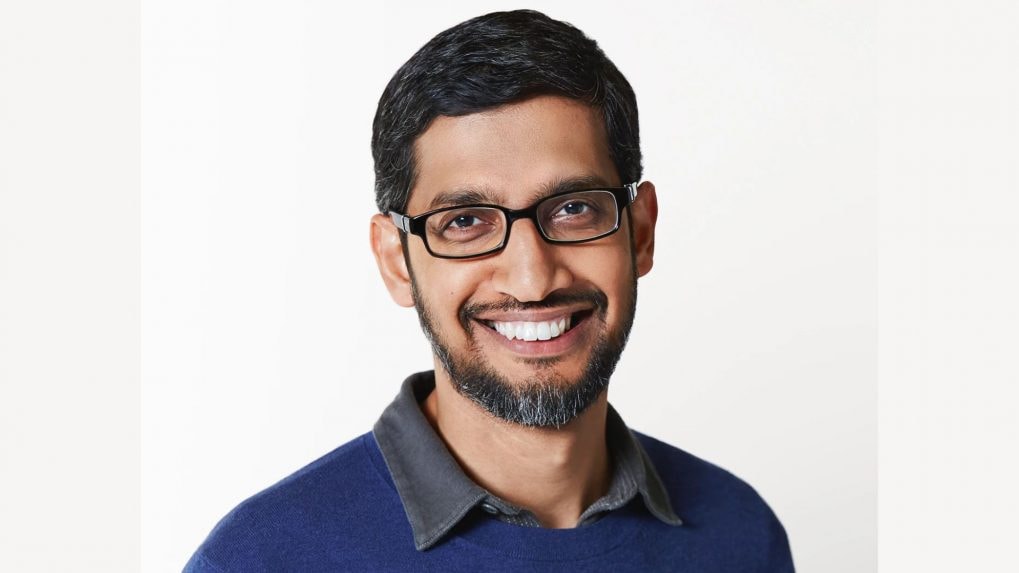Sundar Pichai explains why human coders still have the edge over AI
Speaking about the impact of AI on software engineering at Google, Sundar Pichai revealed that roughly 30% of all code written at Google now involves AI assistance
ADVERTISEMENT
Artificial intelligence-powered tools such as ChatGPT and Gemini are advancing quickly, and the latest wave of agentic AI tools is now targeting specific white-collar roles.
The trend kicked off earlier this year when OpenAI introduced its Deep Research agent, capable of performing tasks traditionally handled by entry-level research assistants.
Also Read: Explained: What is 'Agentic AI' and why it's a big leap from generative AI
This was soon followed by CodeX, OpenAI's software engineering agent, and Google's own coding agent, Jules, which debuted at Google I/O 2025.
The rapid evolution of these tools has sparked warnings about potential job losses. Anthropic CEO Dario Amodei recently predicted that 50% of entry-level white-collar jobs could disappear within the next one to five years. But Google CEO Sundar Pichai struck a more optimistic tone in a recent interview with AI researcher and podcaster Lex Fridman.
Speaking about the impact of AI on software engineering at Google, Pichai revealed that roughly 30% of all code written at Google now involves AI assistance. More importantly, he noted, this is driving meaningful gains in productivity.
“We carefully measure how much our engineering velocity has increased as a company due to AI,” Pichai said. “It’s tough to measure, but our estimates show that number is now at 10%.”
Also Read: Sundar Pichai pushes back on AI job redundancy fears, predicts growth
Despite these gains, Pichai emphasized that Google plans to hire more software engineers in the near to mid-term. Rather than replacing humans, he argued, AI tools are freeing engineers to focus on more creative and strategic tasks.
"There are aspects of engineering and coding that are fun—designing, architecting, solving problems,” he said. “There’s also a lot of grunt work, and AI can help take that away, making it even more fun to code.”
Pichai also highlighted the broader potential of AI to democratize creative power: “It’ll put more creative power in people’s hands, which means people will create more. That means there will be more engineers doing more things.

